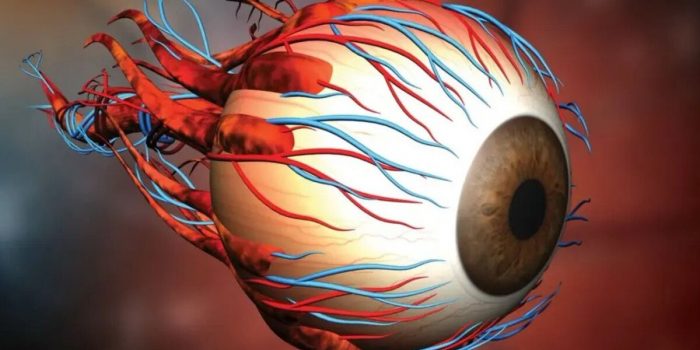Age-related macular degeneration (AMD) is something that can make your eyesight go bad when you’re older. It can blur your vision or even make you blind. But guess what? Smart scientists from Anglia Ruskin University (ARU) have found a cool way to deal with this problem using special cells they grew in a special way.
Imagine your eyes as a camera. There are little helpers in your eyes called retinal pigment epithelial (RPE) cells. They’re like caretakers that make sure the light and healthy stuff get to the right place in your eye. But as you get older, these helper cells start to decrease, and that’s when AMD causes trouble.
Now, the ARU scientists have come up with a clever idea. They made a tiny home for these helper cells called nano scaffolds. These homes are made of thin threads that can be put together like a puzzle to mimic how nerve fibers are arranged. It’s like building a cozy nest for the helper cells.
What’s even cooler is that these cells, when grown on these tiny homes, can stay active and healthy for a pretty long time – around 150 days. That’s a lot longer than what they could do before!
The big challenge was making sure these cells fit well in your eye. To help them get comfy, the scientists used a special material called polyacrylonitrile (PAN), which is like what they use to make carpets. They also added a helpful chemical to make the cells even better.

And the way they made these tiny homes is really neat. They used something called electrospinning, which is like a mini magic show where they make tiny threads from a liquid mix.
The Centers for Disease Control and Prevention (CDC) say that about 20 million people in the U.S. have AMD, and lots of them might lose their sight. They even think that by 2050, 77 million people in Europe could have this problem.
While they still need to do more tests, the ARU scientists might have found a way to help lots of people with AMD. It’s like a shining light for those struggling with vision problems, and it might change how we deal with this tricky issue.


